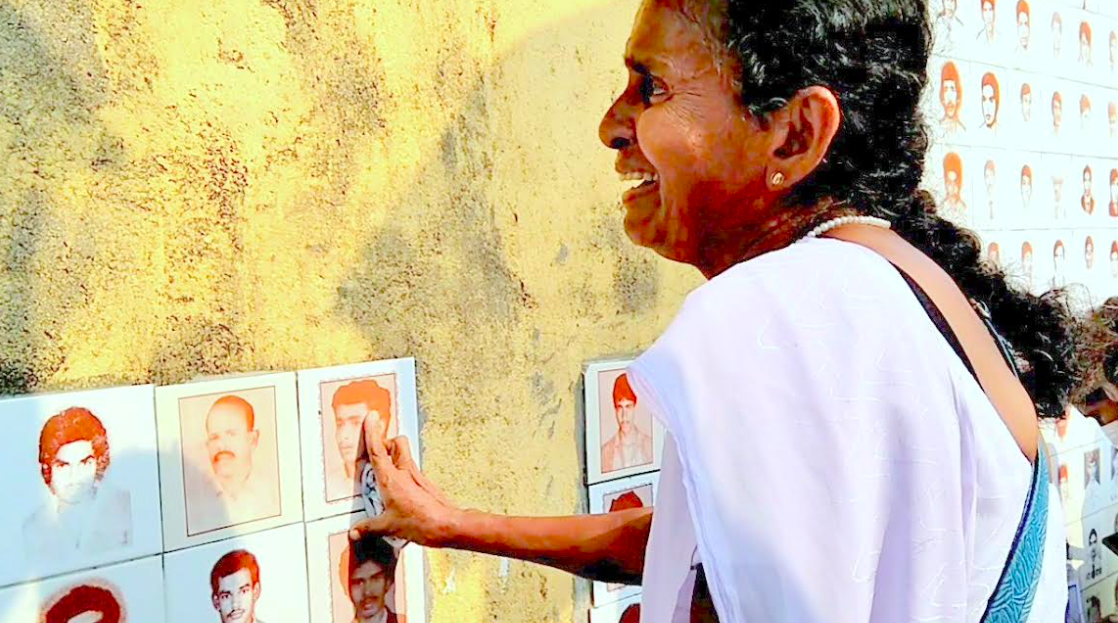Sri Lanka’s Catholic Church has joined forces with various human rights organizations, urging the government to engage in a broader debate on the proposed Unity Bill, Asia News reported.
The legislation, put forth by the Office for National Unity and Reconciliation (ONUR), aims to promote ethnic, religious, and social harmony in the country, 14 years after the conclusion of the civil war.
“National reconciliation cannot be enforced from the top down,” said Fr. Nantana Manatunga, the Director of the Human Rights Office (HRO) at the Diocese of Kandy.
“The process must be voluntary and involve opposition political parties, particularly those representing minority ethnic and religious communities, as well as civil society,” he added.
The ONUR, tasked with providing crucial recommendations for achieving national unity, reconciliation, and lasting peace, has drawn criticism for being underestimated by the government, policymakers, and law drafters.
“Unfortunately, the potential importance of this new institution appears to be underestimated by the government, its policymakers, and the law’s drafters,” said Manatunga, who is also the Director of the HRO at the Diocese of Kandy.
A petition, submitted by 25 civil society groups, including various Catholic associations and organizations on January 8, called for wider involvement in the unity dialogue.
The petition urged the government to engage with opposition political parties and civil society to establish a multi-partisan consensus that encompasses pluralistic values for a genuine reconciliation process.
“We urge the government to engage with opposition political parties, particularly those representing minority ethnic and religious communities, as well as civil society, to establish a multi-partisan consensus encompassing pluralistic values on the path to making this a true reconciliation process for national unity,” the petition read.
The Catholic and human rights groups raised additional concerns about the selection process for ONUR board members.
They emphasized the need for multi-partisan appointments representing the diversity of the nation and expressed reservations about the indefinite term of the chairperson.
“The appointments to the ONUR board should be multi-partisan, representing the diversity of our nation. The chairperson’s indefinite term is inadvisable; we need inclusive appointments for a unified vision,” the groups said.
The proposal to the government advocates for the inclusion of representatives from the Office for Missing Persons, the Office for Restorative Justice, the NGO Secretariat, and the Truthfulness, Unity, and Reconciliation Commission in the ONUR Council.
The Centre for Policy Alternatives (CPA) has highlighted the timing of the parliamentary debate over the bill, coinciding with growing concerns over ethnic nationalism in the country.
The CPA noted the skepticism among victims, fearing that the bill might impose the government’s narrative and potentially silence alternative voices.
“Victims are skeptical, fearing the bill may impose the government’s narrative, potentially silencing alternative voices. Genuine national unity requires more meaningful efforts,” it said.
